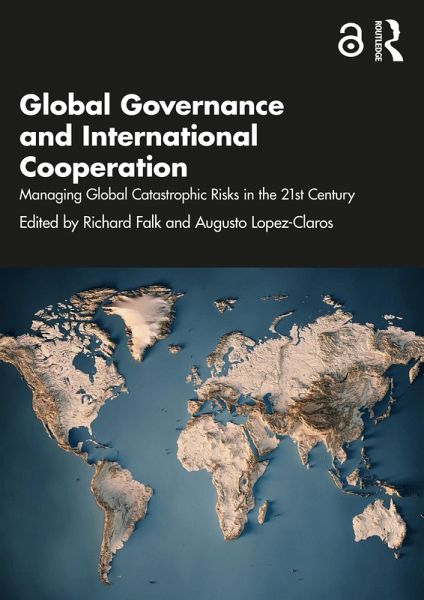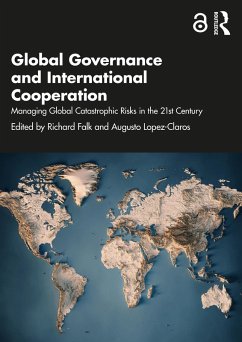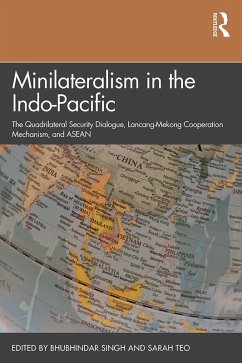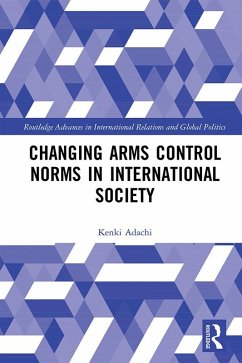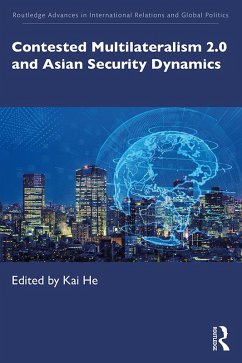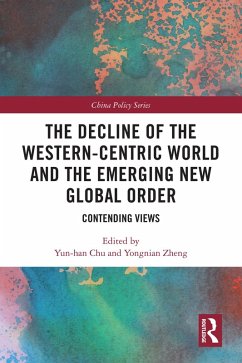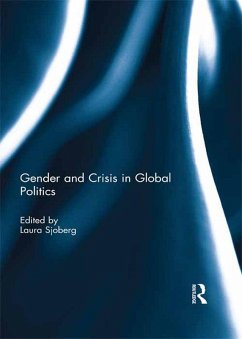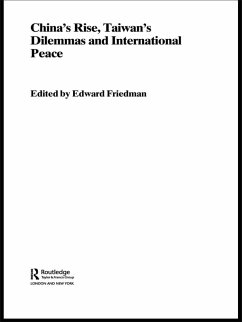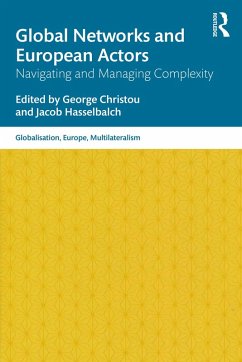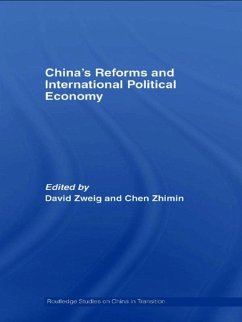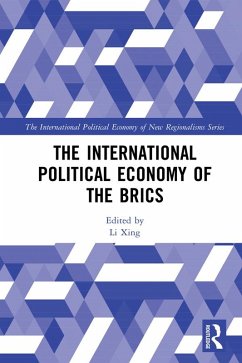"In this book, more than a score of highly regarded scholars from around the world take major strides toward raising readers' consciousness about the catastrophic consequences that await every nation for as long as international relations continue to be governed mainly through the militarily competitive balance of power system made up of irresponsibly independent states. They show that although governments pretend to be separate and sovereign, they are in fact deeply interdependent and unable to solve any major global problem while acting separately. These authors jump start the overdue conversation required for reforming international institutions and expanding global governance enough to avert rolling catastrophes for humanity. Filled
with profound normative wisdom, astute theoretical analysis of structural problems, and penetrating empirical evidence of what is required for human security and dignity, this collection is must reading for every person hoping to stand effectively against global injustice and for human survival."
Robert C. Johansen,
Senior Fellow, Kroc Institute for International Peace Studies; Professor Emeritus of Political Science and Peace Studies; Keough School of Global Affairs, University of Notre Dame"Amid the many books diagnosing the extent and severity of looming global threats and the inadequacy of current global institutions to meet them,
Global Governance and International Cooperation stands out for the quality of its contributors, the depth of knowledge they bring to bear on their subjects, and a welcome focus on practical solutions."
Anne-Marie Slaughter,
CEO, New America, Professor Emerita of Politics and International Affairs, Princeton University"Humanity finds itself at a pivotal crossroads. The trajectory we choose to follow will determine either a future marred by violence and catastrophic disintegration, or one characterized by global peace and prosperity. The authors' vision, far from being a distant and unrealistic aspiration, emerges as an urgent imperative given the present landscape of global affairs and insufficiency of the current global governance architecture to effectively manage it. The critical need to overhaul this flawed architecture must be recognized and addressed by all who are invested in the well-being and survival of our shared global community. Within this context, the significance of this book becomes even more pronounced, offering a commendable and essential addition to this important dialogue. The ideas presented throughout illuminate the possibility of a more secure and prosperous future for all - one that is well within reach if only we have the courage and will to attain it."
Payam Akhavan LLM SJD (Harvard) OOnt FRSC,
Massey Chair in Human Rights; Massey College, University of Toronto; Member of the Permanent Court of Arbitration"Identifying climate change and nuclear war as the biggest threats to human survival isn't exactly new. But Richard Falk and Augusto Lopez-Claros have recast parts of that canon in their remarkable new book. They include poverty and inequality within the global crisis, and their focus is less on the problems than on international solutions. Drawing on a wide-ranging gallery of activists and experts, their far-reaching collection critically interrogates existing transnational structures both in and outside the United Nations and proposes a host of innovative ideas. They survey methods of worldwide democratic engagement, link global disarmament with both people's security and environmental sustainability, imagine planetary systems that instrumentalize human rights. A huge contribution to today's urgent search for global answers."
Phyllis Bennis,
Respected author and journalist; Director of the New Internationalism Project at the Institute for Policy Studies"The peace of the world is more imperiled today than at any time in the last forty years. Fortunately, Richard Falk and Augusto Lopez-Claros have assembled talented contributors to analyze how international institutions and instruments may now be refashioned to meet the very real challenges of our troubled era: Richard Goldstone on the ICC, Thomas Weiss on R2P, Philippa Webb on the ICJ, Joshua Lincoln on Global Warming, and Hilal Elver on Global Food Systems are but a few of the telling essays in this timely and valuable volume."
Robert I. Rotberg,
Harvard Kennedy School; Founding Director of the Harvard Kennedy School's Program on Intrastate Conflict; President Emeritus of the World Peace Foundation"
Global Governance and International Cooperation, coedited by Richard Falk and Augusto Lopez-Claros, brings together contributions by some of the most eminent scholars about the major crises facing the world in the 21
st century. Proliferation of weapons of mass destruction, wars, climate change, pandemics, and fragility of the global economic system threaten our existence. As such, the book is an unambiguous reminder to all who care for the future of humanity that the system of global governance since the Second World War has proved weak in important respects. It requires a higher, more enlightened level of international cooperation instead of overemphasis on the exercise of power by some. Contributors to this exceptional work have an unmistakable message that, unless both major and minor entities start a new era of cooperation and reform international institutions, the world faces catastrophic risks."
Deepak Tripathi,
Fellow of the Royal Historical Society, author of Afghanistan and the Vietnam Syndrome: Comparing US and Soviet Wars (Springer Nature, 2023)"How to save the world? Start by reading this book. The world is dying and we have been killing it. If we don't change, the world will die of the cumulation of its crises. Its death is as yet avoidable. A fatal lunacy is that vastly more wealth and effort are spent on things that would kill the world and humanity with it, than on what might save both. This book is a modest yet ambitious corrective. It is a book of heart and head. The heart drives the search for solutions, the head creates them. Think globally, act locally, is a cliché. What is it to think globally? How does one think globally? How does one 'think through' globally? How does one think and feel at the same time? It is part manifesto of ideas, part policy dossier covering almost every aspect of the world order in crisis. It is critical and constructive. It not merely diagnoses and prognosticates, it prescribes. This book presents a total strategy to save the world in the twin senses of the planet and humanity. It should be read by every head of state and foreign minister of the member states of the United Nations."
Dr. Dayan Jayatilleka,
Prominent Sri Lanka diplomat and journalist"This book is a collection of the very best attempts to build a world order based on peace, cooperation, and respect for human rights. Each essay inspires a daring, but realistic, transformation in our thinking. No doubt, some will say that the proposals are far ahead of current international relations, but the contributors should be congratulated for successfully showing that there are, in fact, workable alternatives to current geopolitical thinking and practice."
Daniele Archibugi,
Director, Italian National Research Council, Rome; Prof. University of London, Birkbeck College